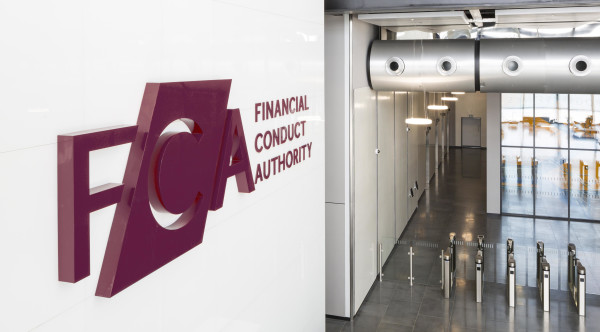

The Financial Conduct Authority is proposing to streamline the UK's listing rules to attract a wider range of companies, encourage competition and improve choice for investors.
The regulator said it wants to make the listing regime - the rules companies must follow to be allowed to list their shares on the UK market - more effective, easier to understand and more competitive.
The FCA has been acting to improve the UK’s position for years.
Within months of leaving the EU, two years ago, the FCA said it significantly reformed the listing regime to boost growth and competitiveness.
While the UK has been Europe's biggest financial hub for many years, listings in the UK have reduced by 40 per cent since 2008, according to The UK Listing Review.
The decision by a firm to list is based on many more factors than regulation alone, such as taxation and the availability of capital.
But the listing regime in the UK has been seen by some issuers and advisers as too complicated and onerous.
Improving the listing regime has been seen by some as a solution to the huge outflows which UK equities have been experiencing in recent years.
Nikhil Rathi, chief executive of the FCA, said: “London is a major international market with a deservedly good reputation globally among companies aiming to raise capital.
“Our proposed reforms would significantly rebalance the burden of regulation to the benefit of listed companies and investors who are willing to set their own risk appetite and terms of engagement.”
The City watchdog is proposing changes to the listing rulebook, including replacing its existing ‘standard’ and ‘premium’ listing segments with a single category for equity shares in commercial companies.
Under the proposals, requirements would be focussed on transparency for investors to support decision making and sponsor oversight at the listing gateway to ensure companies can meet the FCA’s standards.
The FCA said a single equity category would remove eligibility requirements that can deter early-stage companies, be more permissive on dual class share structures, and remove mandatory shareholder votes on transactions such as acquisitions to reduce frictions to companies pursuing their business strategies.
The proposed changes aim to provide a more accessible listing regime for companies and improve the attractiveness of listing in the UK.
Rathi said: “While regulation plays an important part, a company’s decision on whether, and where to list, is influenced by many factors so substantive change will require a concerted effort from government and industry as well.
“We want to encourage more companies to list and grow in the UK, versus other highly competitive international markets.”
The FCA said it wants an open discussion about the change to risk appetite that a listing regime based on disclosure and engagement, rather than regulatory rules, would require.
The work on listings is a key part of the FCA’s commitment to strengthen the position of UK wholesale markets, which is a priority in its three-year strategy.
Interactive Investor welcomed the reforms, saying change was needed sooner rather than later.
Richard Wilson, chief executive at II, said: “We strongly support the principles behind listing rule reform to make the UK more competitive, but eroding shareholder rights risks undermining market standards, and this is not the right answer.
“Dual-class structures, which come with differential voting rights, erode shareholder rights. Distorted rights distort governance and accountability.
“When company founders seek external capital from shareholders, as equity owners they must respect their shareholder rights.”
He added: “One share, one vote is a bedrock of shareholder democracy and we are concerned to see that the spectre of dual share classes, which we have actively lobbied against, still looms large.
“Reference to removing mandatory shareholder votes on transactions such as acquisitions is another major red flag.”
Wilson said II would also be concerned if the FCA were looking to sidestep responsibility for conducting due diligence as part of it acting as UK Listing Authority.
“It will be interesting to see which companies qualify for inclusion in FTSE trackers once the ‘premium’ definitional point is dropped,” he said.
Improving secondary markets
In 2021, the FCA moved quickly to improve the listing regime by lowering free float levels, allowing certain forms of dual class share structures and introducing digital financial reporting.
The FCA will also publish rule changes to improve how equity secondary markets operate.
The rule changes support the FCA’s commitment for transparency in equity markets and are part of the wholesale markets review the FCA is conducting alongside the government to tailor the UK’s rules post-Brexit, so they better suit UK markets and promote competition and growth.
sonia.rach@ft.com
What do you think about the issues raised by this story? Email us on ftadviser.newsdesk@ft.com to let us know



